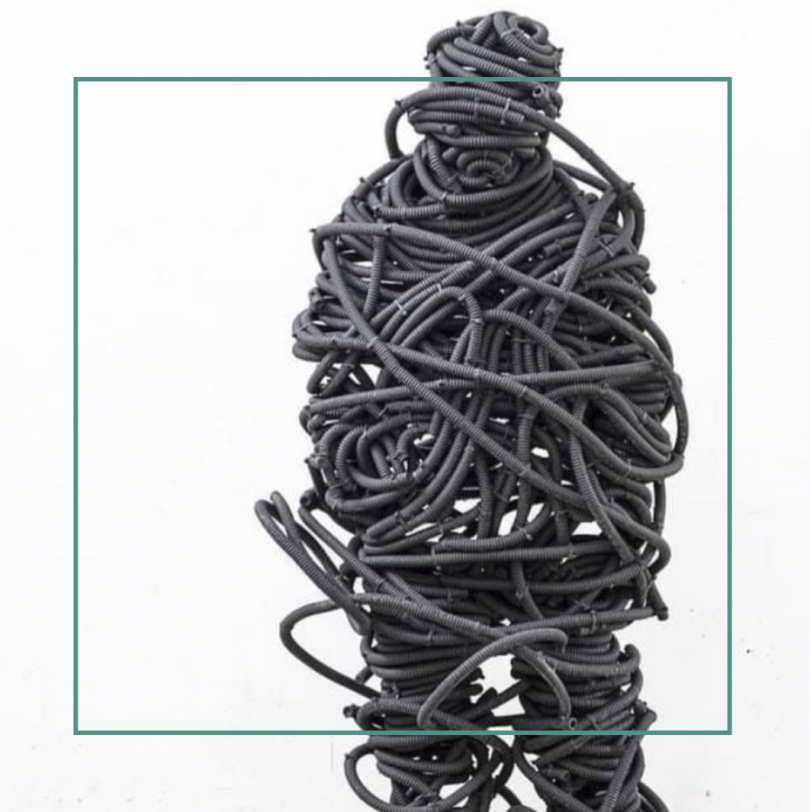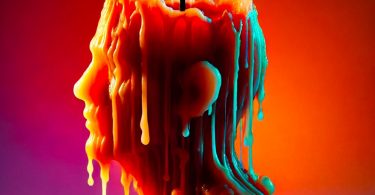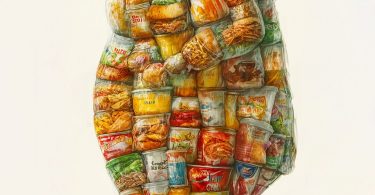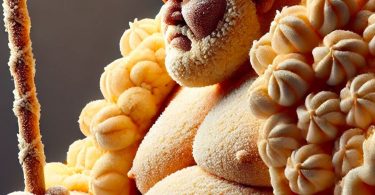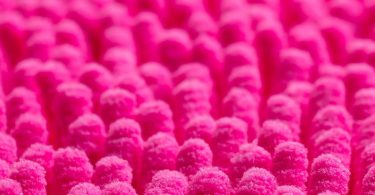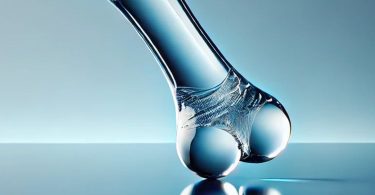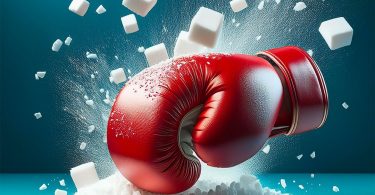Studies show that rosmarinic acid, whose deglycating effect has been demonstrated in vitro, gives excellent results in the management of osteoarthritis, a disease directly associated with glycation.
Studies show that rosmarinic acid, whose deglycating effect has been demonstrated in vitro, gives excellent results in the management of osteoarthritis, a disease directly associated with glycation.
Glycation is particularly severe for slow-turnover proteins like collagen. Thus, tendons and joints are privileged targets of glycation (1).
Several animal models studies have shown that rosmarinic acid can inhibit the degradation of the extracellular matrix in osteoarthritis (2).
In addition, a double-blind clinical study of 62 cases shows a significant improvement in stiffness and physical disability scores as well as a reduction in pain in patients with osteoarthritis of the knee and taking drinks rich in rosmarinic acid (3).
The high concentration and quality of rosmarinic acid and some of its specificities appear to be major factors in these results.
© Age Breaker 04 2021
[Glycation is one of the major causes of aging. Resulting from the fixation of sugars on the proteins constituting the organism, glycation generates toxic compounds that cause cellular aging. Glycation is particularly involved in metabolic disorders, skin aging and cognitive decline.] [AGE BREAKER, patented nutritional supplements, based on rosmarinic acid, recognized by aging specialists around the world for their properties to reverse the effects of glycation.]More on www.agebreaker.com
#agebreaker #glycation
(1): Yufei Li et Al. Advanced glycation end-products diminish tendon collagen fiber sliding. Matrix biology vol 32. April 2013. 1169-177.
(2): Zhong-Nan Hu et al. The inhibitory effects of rosmarinic acid on catabolism induced by IL-1β in rat chondrocyte. 2018 12. Doi 10.18388/abp.2018_2607
(3): A Erin Connelly et al. High-rosmarinic acid spearmint tea in the management of knee osteoarthritis symptoms. J Med Food 2014 Dec;17(12):1361-7. Doi: 10.1089/jmf.2013.0189.

